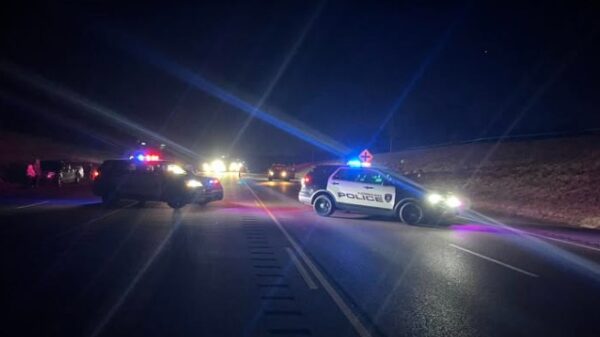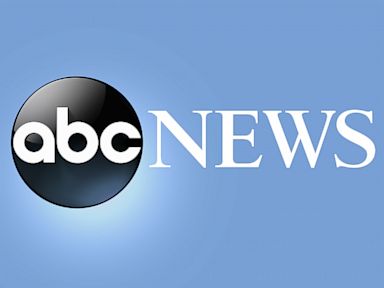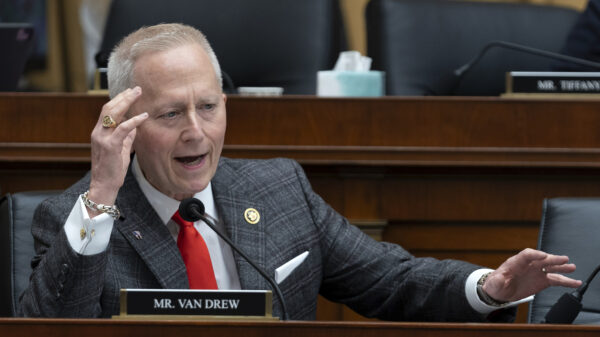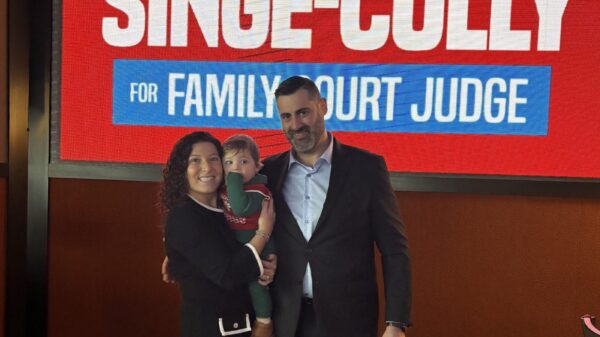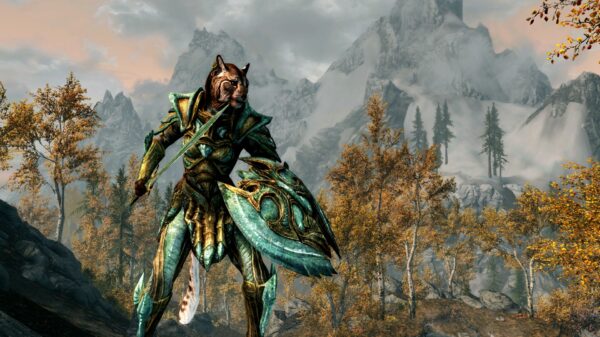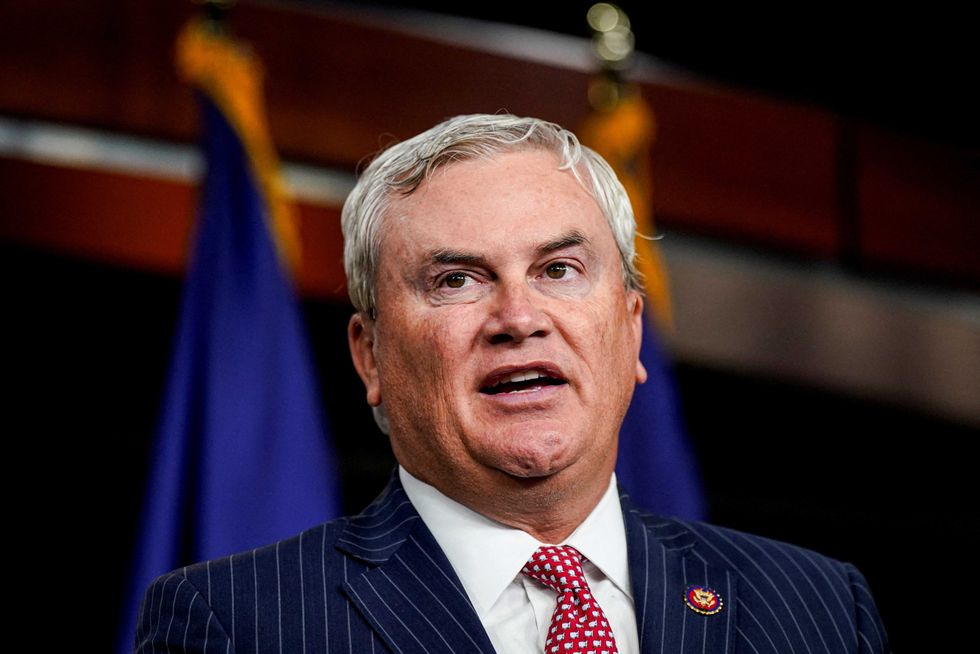The U.S. Coast Guard’s announcement that it will no longer classify swastikas as a hate symbol has ignited a firestorm of criticism from lawmakers on both sides of the aisle. This decision, reported by the Washington Post, is part of a broader reclassification effort that will take effect on December 15, 2023. Under the new guidelines, the Coast Guard will label the swastika as “potentially divisive,” a shift that has left many politicians and community leaders stunned.
Democratic Representative Rashida Tlaib of Michigan expressed her incredulity upon learning of the report, demanding to know why she had not been informed sooner. Her reaction reflects a broader distress among Democrats, who view this policy change as a troubling sign of rising extremism. Tlaib has long been vocal about her concerns regarding the influence of white supremacist groups within law enforcement agencies.
The reclassification does not stop with the swastika; it also affects the definitions of nooses and the Confederate flag, though the latter remains banned. According to the Washington Post, documents reviewed indicate that the new policy aims to create a more nuanced understanding of symbols associated with hate, yet many lawmakers argue that this approach undermines the severity of their historical context.
Representative Joe Courtney of Connecticut, who oversees the Coast Guard Academy, criticized the new policy as a significant regression, stating, “It is appalling that the Coast Guard is taking this gigantic step backward.” Courtney noted that in 2007, two nooses were discovered at the Academy, prompting a strong response from then-Commandant Thad Allen, who emphasized that such hate symbols have no place in the Coast Guard.
Courtney further stressed the importance of maintaining a safe and inclusive environment for all personnel, highlighting that the recent decision contradicts years of progress.
Senator Jacky Rosen of Nevada also condemned the policy change, stating, “At a time when antisemitism is rising in the United States and around the world, relaxing policies aimed at fighting hate crimes not only sends the wrong message but puts the safety of Coast Guard personnel at risk.” Her comments reflect a growing concern about the implications of this policy for military and law enforcement communities.
The Coast Guard’s decision has also drawn rebuke from the Trump administration, with Tricia McLaughlin, assistant secretary of the Department of Homeland Security (DHS), labeling the report as “ludicrous” and “unequivocally false.” McLaughlin’s comments underscore the contentiousness surrounding the issue, as she urged the Washington Post to reconsider its reporting.
An unnamed Coast Guard official, who opted to remain anonymous due to concerns about potential repercussions, described the new policy as “chilling.” The official raised concerns about the implications for personnel’s safety and trust within the ranks, questioning how one could feel secure reporting a swastika display in the absence of clear guidelines.
Despite the widespread backlash, some Republican lawmakers have expressed skepticism about the report’s validity. Representative James Comer of Kentucky, chair of the House Oversight Committee, appeared unfamiliar with the details when confronted, stating, “I don’t know what you’re talking about.” His reaction highlights a divide in perception among lawmakers regarding the seriousness of the issue.
The Coast Guard’s reclassification of these symbols as “potentially divisive” rather than unequivocally hate symbols raises significant questions about the future of policy and discourse around hate in U.S. military and law enforcement institutions. As the December deadline approaches, many are calling for a reassessment of the decision to ensure that the Coast Guard maintains its commitment to inclusivity and safety for all service members.




